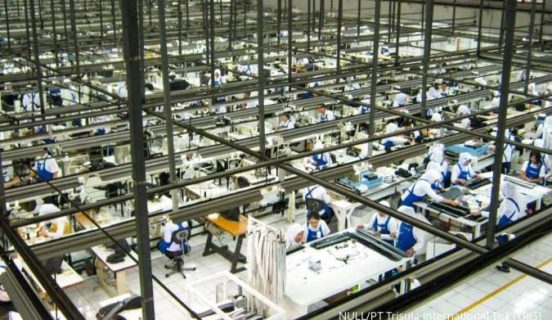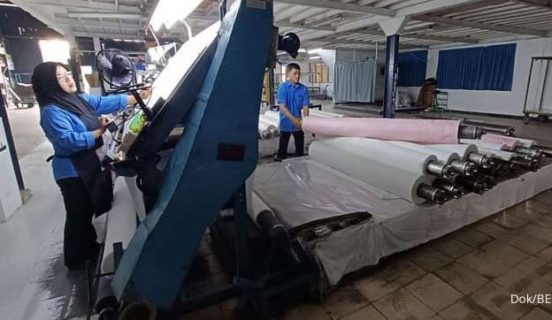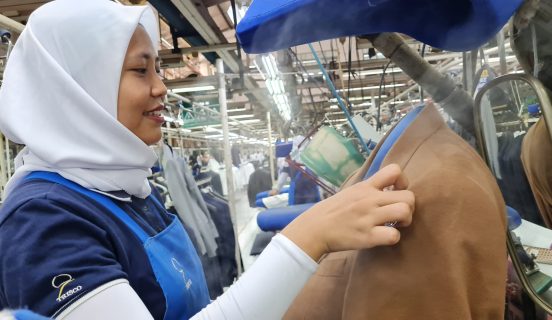To Rescue the Textile Industry, Government Urged to Focus on Boosting Purchasing Power
The current state of Indonesia’s textile industry is troubling, with a surge in layoffs (PHK) and, most recently, the bankruptcy of one of the country’s largest textile companies. In response, the government is being urged to prioritize efforts to increase consumer purchasing power.
Bambang Haryo Soekartono, a member of Commission VII of the House of Representatives (DPR), stated that clothing, along with food and housing, is a basic human need. However, the public no longer sees clothing as a top priority.
“People are still using old clothes that are sufficient for daily wear,” Bambang said in Jakarta, Sunday (November 3, 2024). “They are focusing more on other essentials such as food, electricity, gas, fuel, water, healthcare, and education — all of which have seen significant price increases, placing a heavy burden on consumers.”
He emphasized that the purchasing power for clothing has declined sharply, almost to the point of disappearing altogether.
This decline in spending is not only affecting local textile products but imported apparel as well. For example, many retail outlets that sell imported clothing — including major malls and wholesale markets like Mangga Dua and ITC — have reported sales drops of over 50%, with many shops forced to close.
“This is the root cause of the collapse of our textile industry,” Bambang said. “Between 2010 and 2014, Indonesia had around 2,300 textile manufacturers that were still actively operating, including PT Industri Sandang Nusantara. This was despite the influx of imported textiles and garments.”
He noted that the decline in textile sales is not solely due to imported competition, but rather because of the overall drop in consumer purchasing power, as rising costs for other basic needs leave little room for discretionary spending on clothing.
“Even if the domestic textile industry is supported by substantial government incentives, it won’t matter if the people don’t have enough purchasing power to buy textiles or clothing today,” he added.
Bambang further explained that 85% of raw materials used by Indonesia’s garment industry are imported from China. He cautioned against the move to repeal Trade Ministry Regulation No. 8 of 2024, as the industry remains heavily reliant on Chinese imports for raw materials.
He encouraged textile producers to not only ensure the availability of imported raw materials but also to innovate and develop locally sourced alternatives.
“If the government continues to promote national pride through the ‘I Love Indonesian Products’ campaign, then we must truly achieve self-reliance in our local textile production,” said Bambang. “Only then should we consider repealing Regulation No. 8/2024.”
In conclusion, he stressed that to truly revitalize the domestic textile sector, the government must create a system that allows basic living costs to decline, restoring the public’s ability to spend — and, by extension, giving the textile industry room to grow once again.







